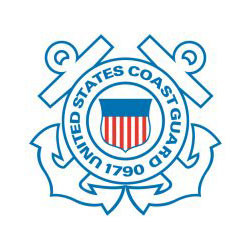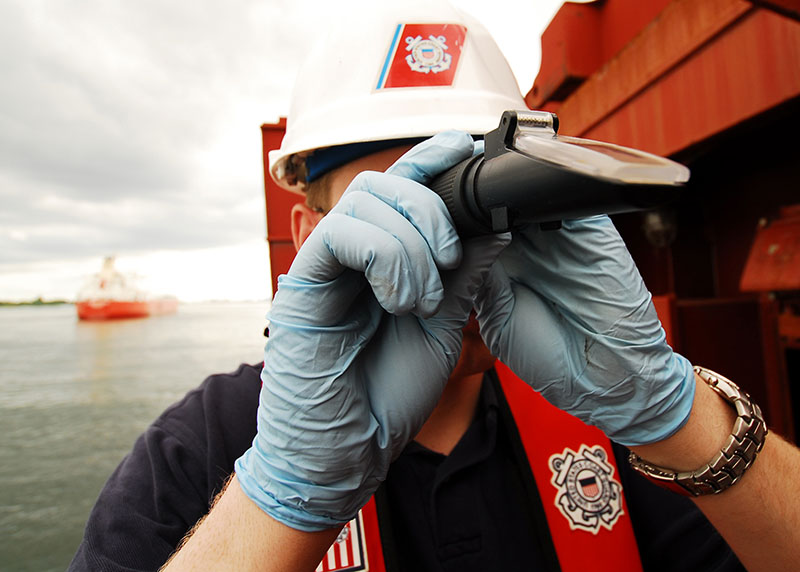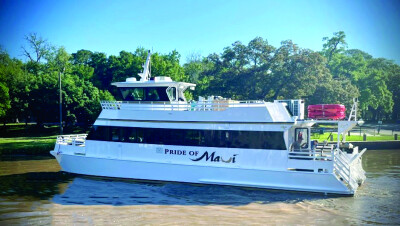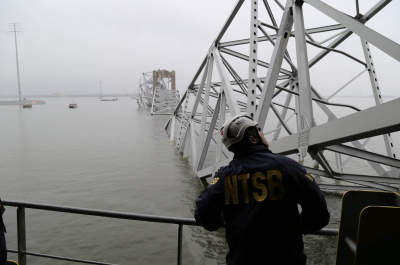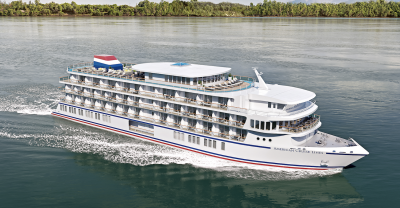This week, the Coast Guard issued an update to procedures for requesting extensions for compliance with Ballast Water Management regulations found at 33CFR part 151. This update was issued in response to hundreds of extension requests and dozens of questions received by the Coast Guard which indicate a widespread misunderstanding of the previously issued guidance, and an associated need for additional clarity and certainty for all stakeholders. The updated guidance can be found in MSIB 03-17.
The goal of the Coast Guard compliance extension procedure is to provide reasonable flexibility to ship owners and operators, where appropriate, while ensuring steady progress toward achieving statutory intent in enhancing protection of U.S. waters from invasive species in ballast water that can damage the environment and harm our economy. The dynamic nature of this challenge, including the number and type of approved systems, the capacity of manufacturers and shipyards, the demands of the global fleet and the impending implementation of the International Convention, demand constant review and update of our procedures even while we continue to honor previously established compliance dates.
Stakeholders should be aware of the following principles that guide our development of the extension request procedures:
- Previously established compliance dates will be honored. This update applies only to requests for extensions beyond the current compliance dates.
- Because Coast Guard type approved BWMSs are available, future extensions will no longer be linked to the vessel dry dock cycle. Instead the length of extension will be based on the analysis provided in the extension request and limited as set forth in the procedure.
- Due to the dynamic and developing nature of the Ballast Water Management System (BWMS) market, the Coast Guard may consider extension requests differently for vessels with different compliance dates. Generally speaking, the further out the current compliance date is, the less likely an extension request is to be considered at this time. Owners/operators of vessels with current compliance date beyond 2020 should plan to be in compliance on that date.
- Any extension request will be bolstered if the vessel owner/operator demonstrates an understanding of how to match the operating profile of their vessel to the operating profile of a Coast Guard type approved BWMS. While the Coast Guard understands that no single system is appropriate for every vessel, it is incumbent upon vessel owners/operators to employ engineering and operational solutions in order to install approved systems. Where engineering and operational accommodations can be made, the Coast Guard may consider extending the compliance date based on an installation plan. Where installation of an approved system is not reasonable, the Coast Guard would like to see a detailed analysis of how the owner/operator intends to match the vessel with an approved BWMS at a future date before considering any extension request. Vessel owners/operators should be working closely with BWMS manufacturers to ensure the systems in development meet the needs of their vessels.
The Coast Guard remains committed to smooth implementation of the BWM regulations and to finding reasonable and practical solutions to facilitate installation of BWMS in the global fleet. Vessel owners/operators should proactively engage their Flag State, Classification Society, and the US Coast Guard as they develop compliance strategies in order to avoid ship delays or lapse in eligibility to trade in U. S. waters.
This blog is not a replacement or substitute for the formal posting of regulations and updates or existing processes for receiving formal feedback of the same. Links provided on this blog will direct the reader to official source documents, such as the Federal Register, Homeport and the Code of Federal Regulations. These documents remain the official source for regulatory information published by the Coast Guard.
This is an edited version of a post authored by Rear Admiral Paul F. Thomas, Assistant Commandant for Prevention Policy for the U.S. Coast Guard. It first appeared on the Coast Guard Maritime Commons blog.

